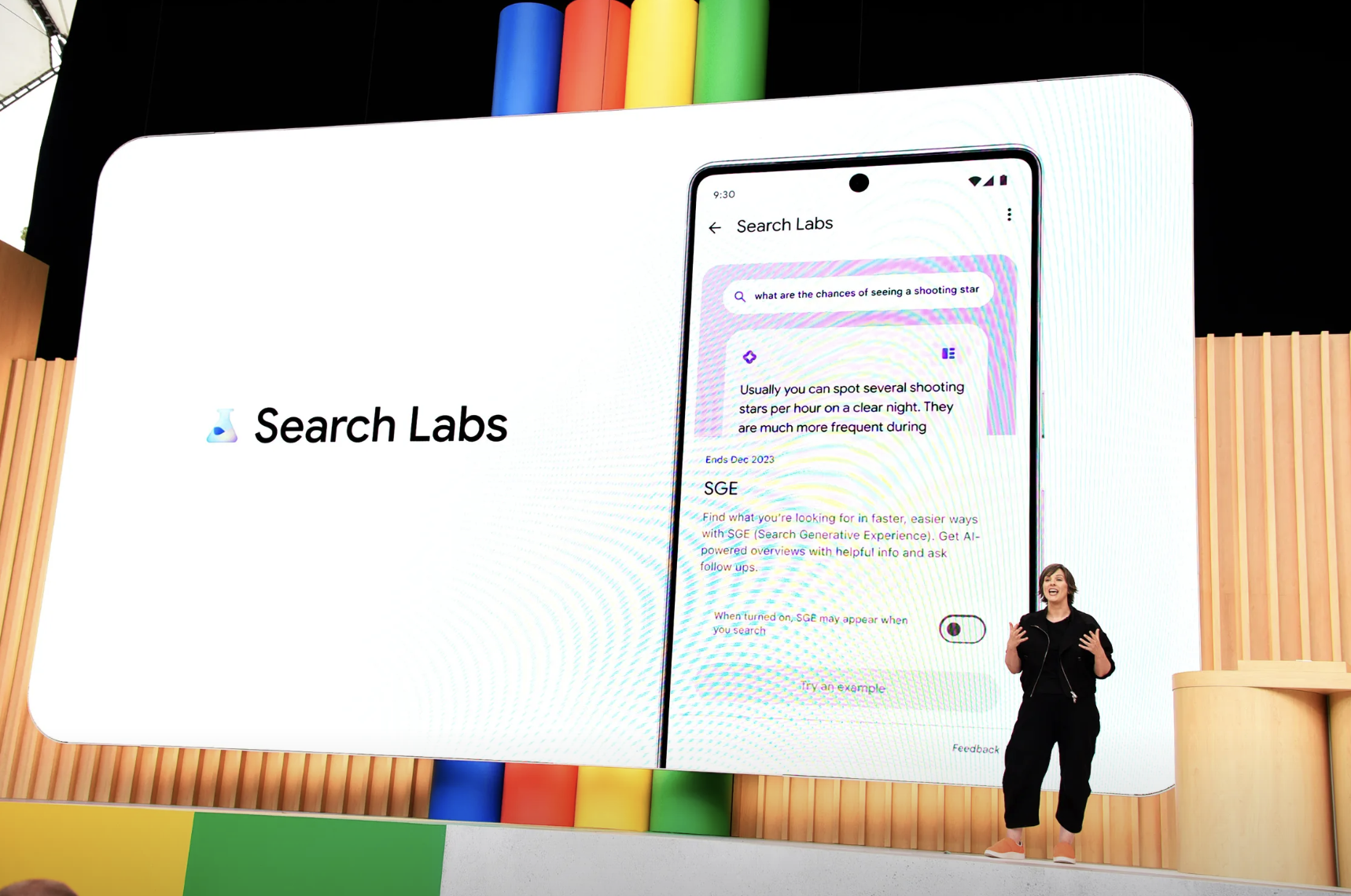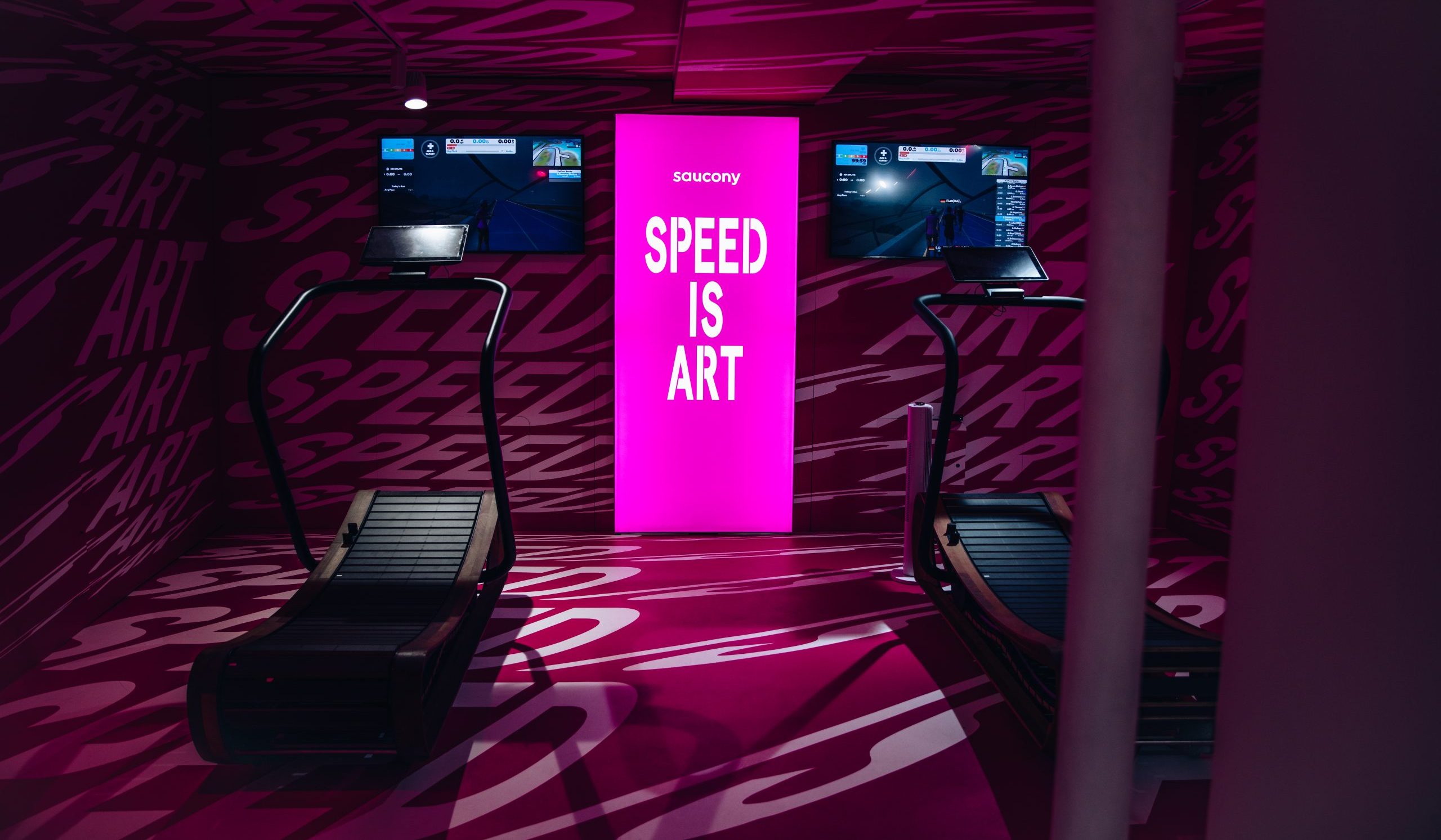Google announced a new update this month which will see it ‘supercharge Search with generative AI’.
According to its post, the update will use generative AI to give users more information and context to their searches.
What is generative AI?
In a nutshell, generative AI describes algorithms that can be used to create content, including imagery, audio and of course, text. ChatGPT is a well-known example.
What has Google said about the update?
This new update should “unlock entirely new types of questions you never thought Search could answer and transform the way information is organised”. It is powered by PaLM2, the Large Language Model underpinning Google’s AI efforts.
In line with its YMYL (Your Money, Your Life) guidelines, Google won’t provide AI generated answers for all queries, avoiding those within the medical space, and potentially some financial queries.
What will the interface look like?
Google has provided an example in its article demonstrating what the update will look like in practice.
You can see that a long-tail search query triggers a result that provides a snapshot of the key information, with links to dig deeper and continue your research.
It also suggests potential follow-up questions and has a conversational mode to further help you find the answers you are looking for.
If you thought the TikTok rabbit hole was bad, this Search update could give it a run for its money, with a potentially never-ending flow of follow up questions, and content even more easily accessible than before.
What impact could the update have on marketing?
The Google search interface is already very responsive, but this will likely take the Search experience to the next level. That said, online publishers may be concerned that this technology will scrape and regurgitate its content, which could mean less referrals to its site.
The ‘Toggle deeper’ option does however emphasise that it will still be worthwhile creating content for users to answer their questions, it won’t be a zero-click situation in which a user doesn’t need to leave the search results page. It’s been confirmed that Google will still cite the website it used to help generate the information, meaning that it will still work to drive traffic to websites. This is vital to ensure companies still get the visibility they need.
AI generated responses will appear before other search results, so marketers will have to be creative with their content and really work hard to optimise it to ensure it still appears near the top of the SERP, which isn’t an unfamiliar challenge.
The bottom line is that once the update goes live, you will need to thoroughly test it and get a deep understanding of how your target audience/potential customers will be experiencing search results based on queries that you hope to rank for organically.
We will be keeping an eye for further information from Google on this, but for the meantime, Search will remain the same.






